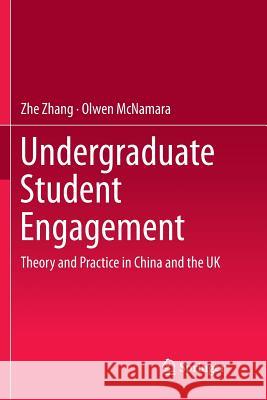Undergraduate Student Engagement: Theory and Practice in China and the UK » książka
topmenu
Undergraduate Student Engagement: Theory and Practice in China and the UK
ISBN-13: 9789811346682 / Angielski / Miękka / 2018 / 171 str.
Undergraduate Student Engagement: Theory and Practice in China and the UK
ISBN-13: 9789811346682 / Angielski / Miękka / 2018 / 171 str.
cena 346,96 zł
(netto: 330,44 VAT: 5%)
Najniższa cena z 30 dni: 344,56 zł
(netto: 330,44 VAT: 5%)
Najniższa cena z 30 dni: 344,56 zł
Termin realizacji zamówienia:
ok. 20 dni roboczych.
ok. 20 dni roboczych.
Darmowa dostawa!
Kategorie:
Kategorie BISAC:
Wydawca:
Springer
Język:
Angielski
ISBN-13:
9789811346682
Rok wydania:
2018
Wydanie:
Softcover Repri
Ilość stron:
171
Waga:
0.27 kg
Wymiary:
23.39 x 15.6 x 0.99
Oprawa:
Miękka
Wolumenów:
01
Dodatkowe informacje:
Wydanie ilustrowane











